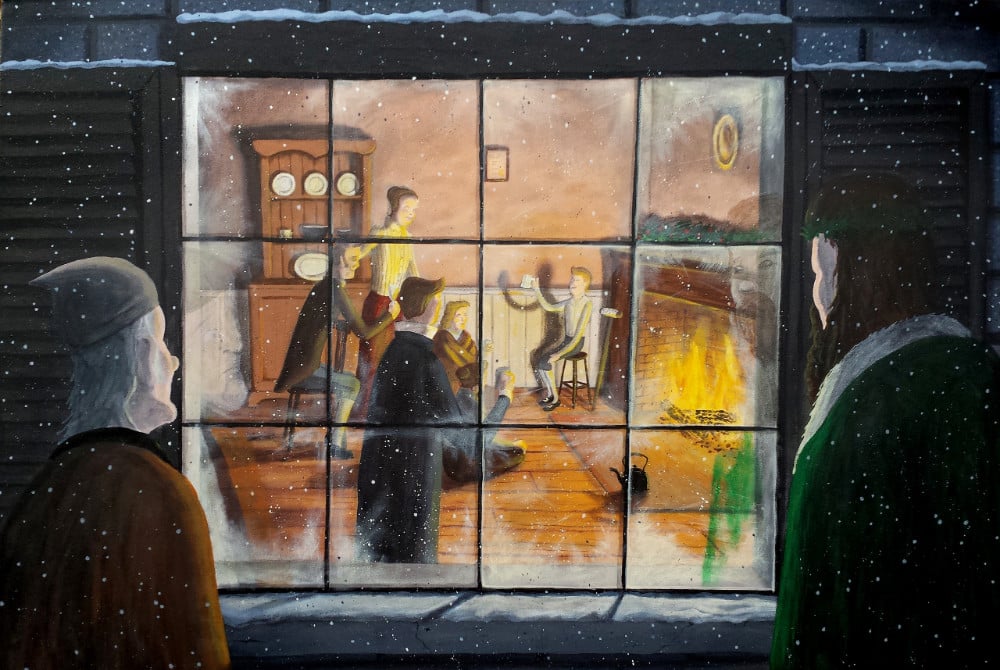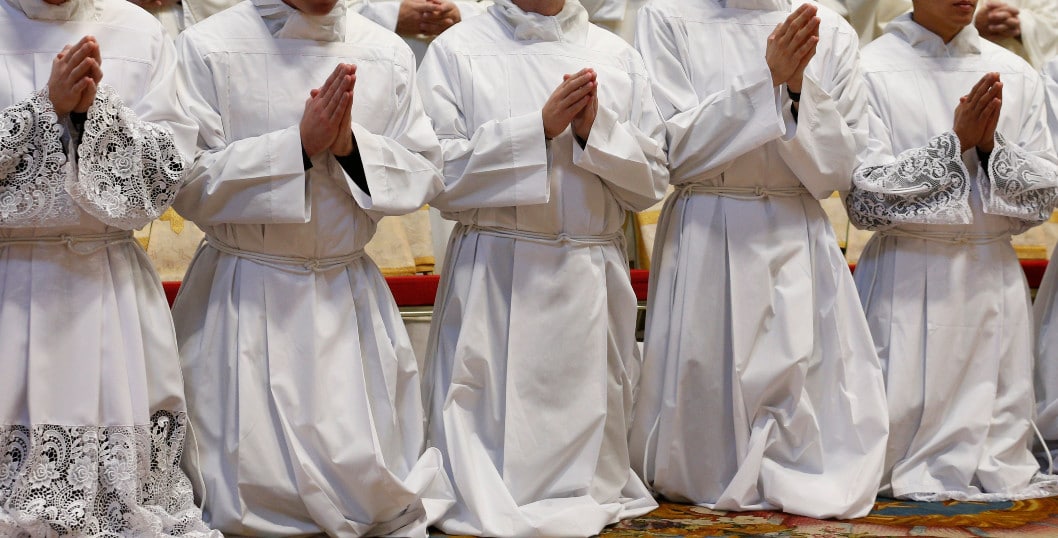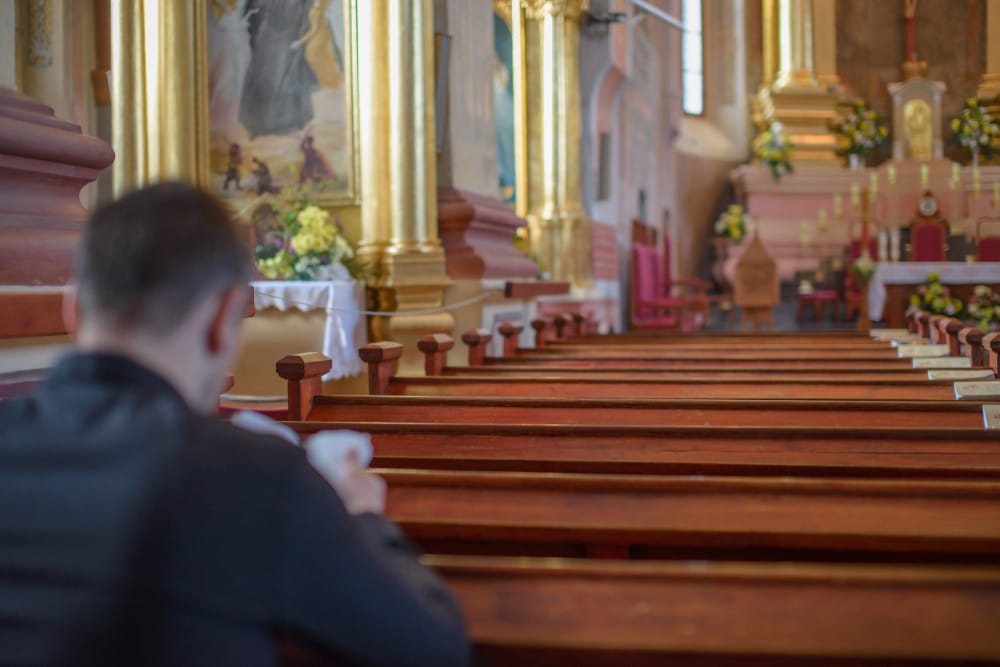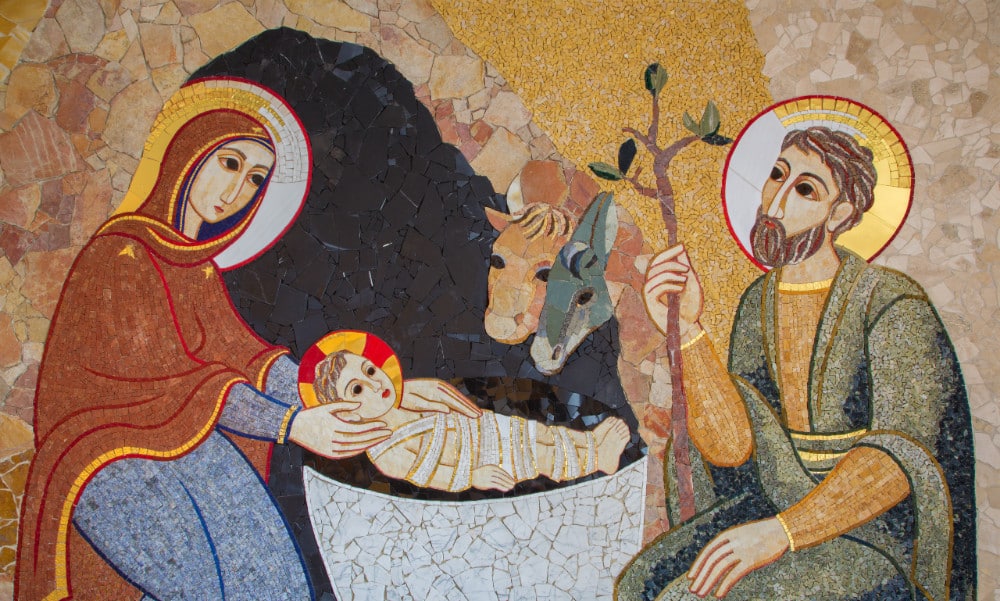Charles Dickens writes in the preface to his famous story “A Christmas Carol”: “I have endeavoured in this Ghostly little book, to raise the Ghost of an Idea, which shall not put my readers out of humour with themselves, with each other, with the season, or with me. May it haunt their houses pleasantly, and no one wish to lay it.” Memorable and nostalgic words indeed!
Taken another way, Dickens’ words well describe the experience of Christmas for many Americans today. In this festive season, nonreligious Americans are haunted by “the ghost of an idea.” While many secular people today warmly embrace Christmas lights, Christmas dinners, Christmas concerts and Christmas trees, the heart of Christmas remains far from them. While they have not rejected the festivity of Christ’s birth — nor even the festival’s most heartfelt meaning so plainly manifest in the generosity of Giving Tuesday or myriad other acts of kindness during the holidays — the true meaning of Christmas eludes them if they do not know Christ.
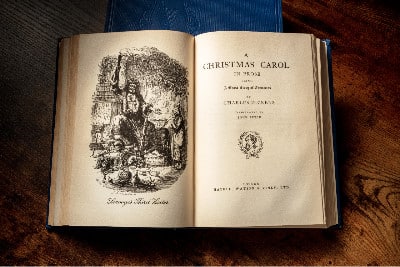
Christianity has an opening into peoples’ lives during Christmas. In the West, our religion has so shaped the cultural imagination of the holiday season that this imagination unintentionally, unapologetically reflects the mystery of the Incarnation. However, for believers, the absence of Jesus Christ at the center of these festivities — “the true light which enlightens every man” (Jn 1:9) — is a cause for sorrow.
We believers are the Bob Cratchits, the Nigel Fezziwigs and the Nephew Freds of the world called to embrace the wonder of the coming of Christ’s birth with abundant joy. Each of us must ask: How do I encourage others to desire Christ, to seek out the reason for the season? It is at once our solemn duty and our great joy to take the opening that the customs of Christmas allow to introduce the grace of Christ into people’s lives.
First, our spirit must be Cratchit’s spirit, not Scrooge’s! We must be joyful, generous and persevering. In “A Christmas Carol,” Bob Cratchit never gives up on Scrooge. The dedicated scribe even toasts his miserly patron — to his wife’s dismay — at the Cratchit Christmas dinner! That’s the spirit that should mark us all. Like Cratchit, we should be dogged, sincere and guileless.
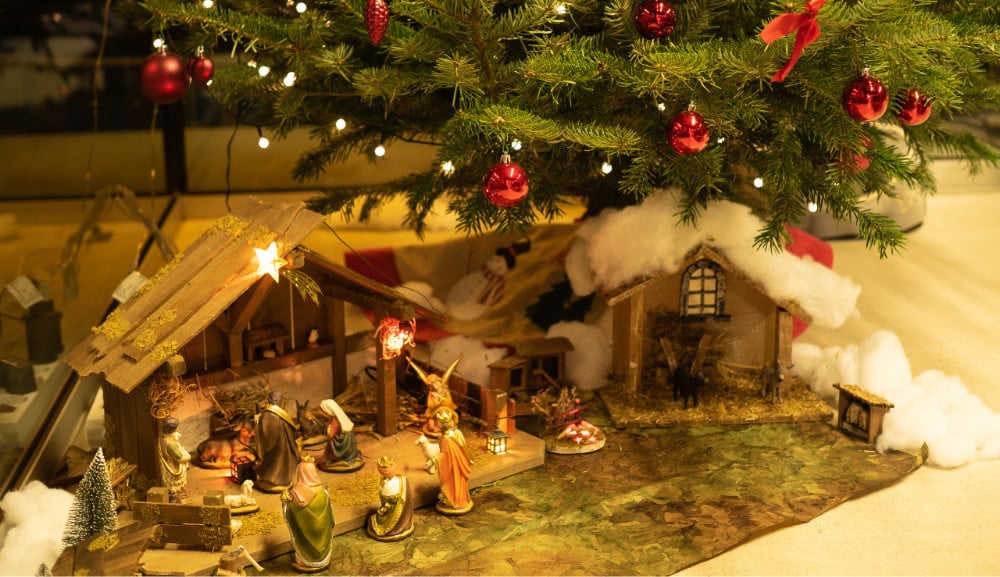
Second, for those of us who live the deeper meaning of Christmas, we must not be afraid to lean into it. It’s easy to go to a Christmas gathering and let it be marked by the surface signs of Christmas without its true significance. If you’re having a party, make sure that the prominent symbols of your house are Christian ones. Give your Nativity scene pride of place. Perhaps offer a prayer, or make sure that Christian carols, not secular chart-toppers, dominate your playlist. Pause with your guests to read the story of Christ’s birth from Scripture, or share a quote from one of Pope Francis’ recent marvelous Christmas homilies.
Third, allow this season to be marked by accompaniment, not controversy. With an inviting spirit and a warm, friendly tone, we can gently explain the meaning of the Christmas feast. Many of the symbols of Christmas bear something extraordinary from our Christian tradition. With a little research and conversational creativity, we can share the richness of our tradition naturally, in a way not possible at other times of year.
Finally, for believers, Christmas is an entire season. To stand for the real meaning of Christmas, we must resist the temptation to be caught up in society’s belief that it is a one-day celebration. We can leave our decorations up for the duration of the Christmas season, thereby proclaiming a festival more meaningful and lasting than one passing day. We can send cards “late,” hold gatherings after Dec. 25 and listen to carols well into January, because for believers, Christmas is more than just 24 hours.
The Church Father Gregory Nazienzen offers a pattern for our praise. He writes, “Christ is born, glorify Him. Christ from heaven, go out to meet Him. Christ on earth; be exalted. Sing unto the Lord all the whole earth; and that I may join both in one word, Let the heavens rejoice, and let the earth be glad, for Him Who is of heaven and then of earth.” May our words and works in these coming days redound to the glory of him who, out of love, made our humble human estate his home, that each of us, around the world, might better know him and love him.
Our Sunday Visitor Editorial Board: Father Patrick Briscoe, Gretchen R. Crowe, Scott P. Richert, Scott Warden, York Young

